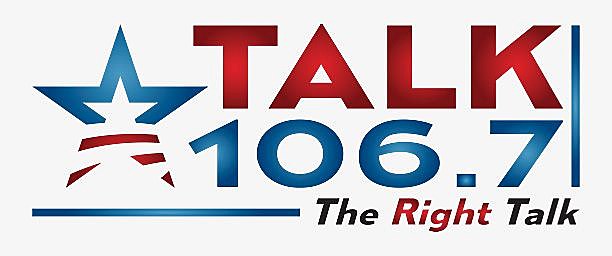
Have you heard of smishing? You need to watch out for this scam.
Internet, e-mail, texting and phone scams have been a pet peeve of mine for the last six or eight months, and I get to talk about a new one. It's called smishing.
I don't know about you, but the company I work for has us take quarterly webinars about internet phishing scams. On the surface, I feel like it's a waste of time, but it really isn't if it protects your computer and your company.
Scammers tend to send you things that look official, either from your company or maybe from Microsoft or Apple, and they try to slide these things in and get you to click on them, you just better not do it. It can possibly open you, your company, and any companies your company deals with to a phishing scam.
so, let's talk about smishing
Scammers are now running a similar fishing game, only using text to your cell phone. Because the scam is reaching you by SMS. Or. (Direct Message Service.) according to kidotalkradio.com,
“Toward the end of last year, the amount of scammers running this sort of game via text message instead of email rose considerably. Because the scam is reaching you by SMS (short message service,) it’s being called “smishing.” The United States Postal Service has let customers know that scammers are impersonating them.”
I have received texts from people purporting to be The Post office, Walmart. United Parcel Service and other organizations I don't recognize at all, basically telling me that they have a parcel, or they have a check, or they have some other information for me and all I must do is Click or call to find out more.
Don't do it.
The post office, for instance, would never notify you by text.
I've said it once, I'll say it again.
Protect yourself.
Be skeptical of your emails and any offers you've received through the Internet and be skeptical of those texts that tell you, you have something waiting for you that you never ordered, or money coming to you that you don't know about.
USPS Warns Idaho and California Citizens About Smishing Scam (kidotalkradio.com)
Ranking States with Most Online Scams 2022
Gallery Credit: Scott Clow
FBI Says YOU Need to Watch Out for These Scams
Gallery Credit: Billy Jenkins
